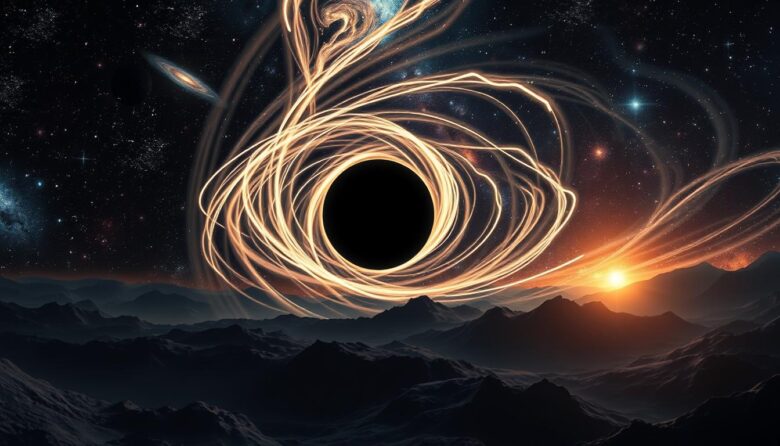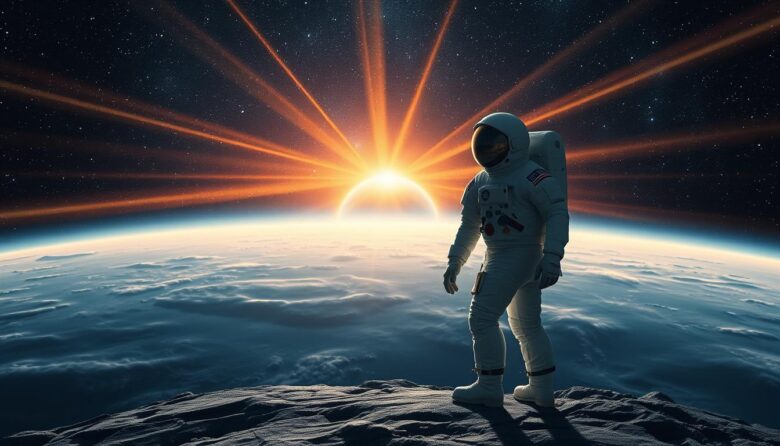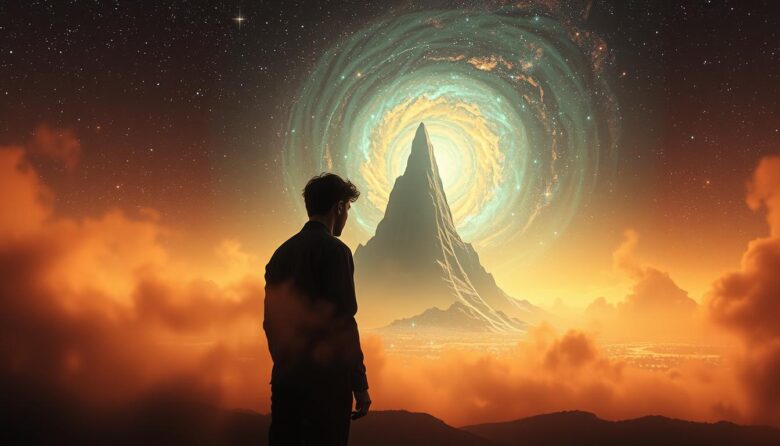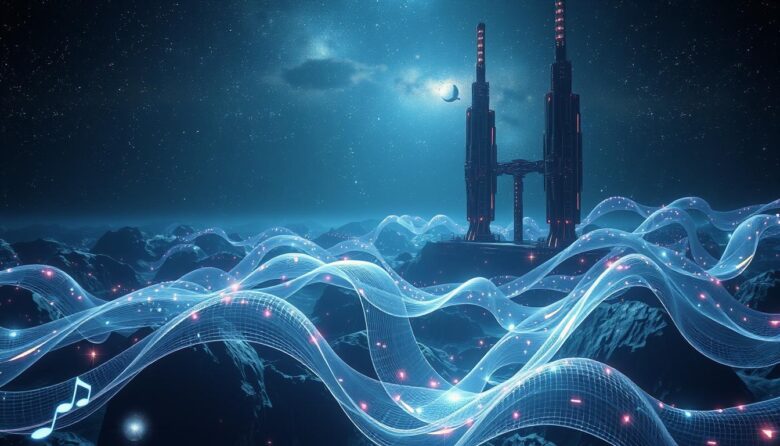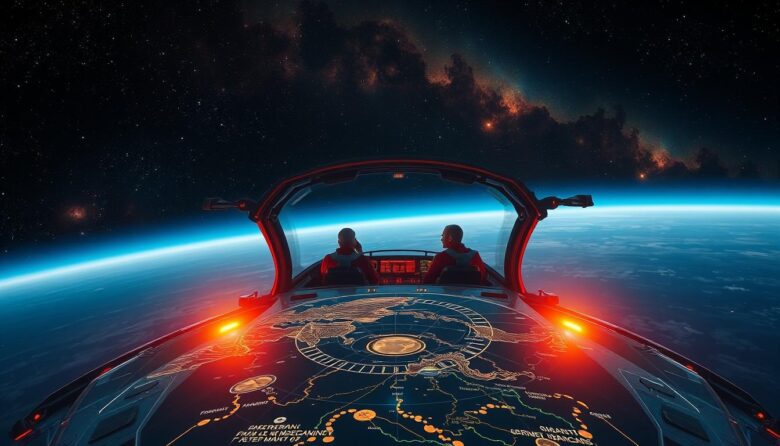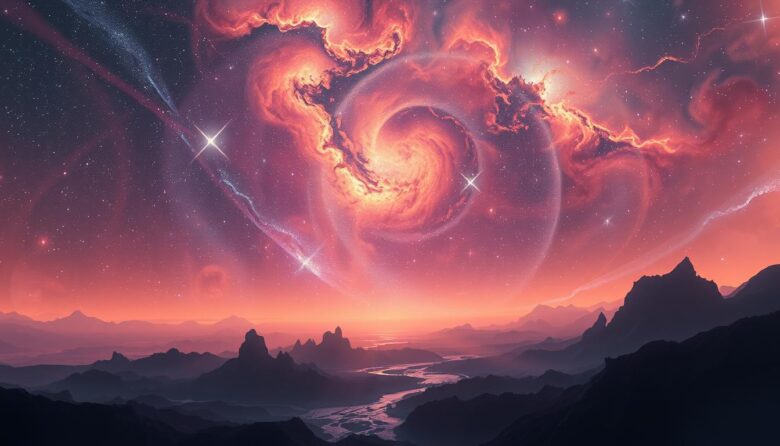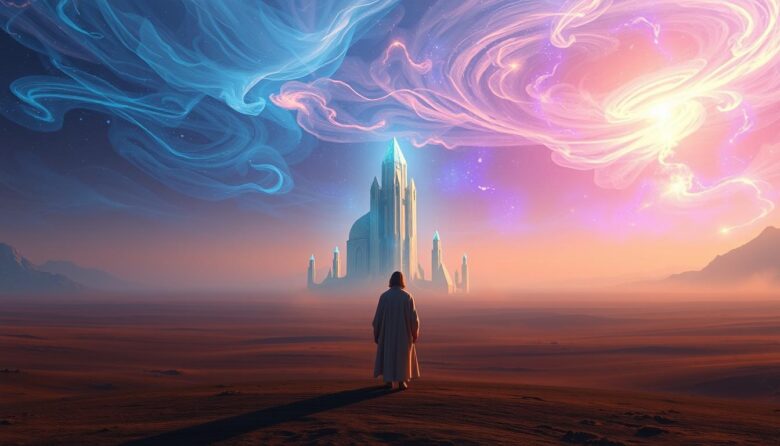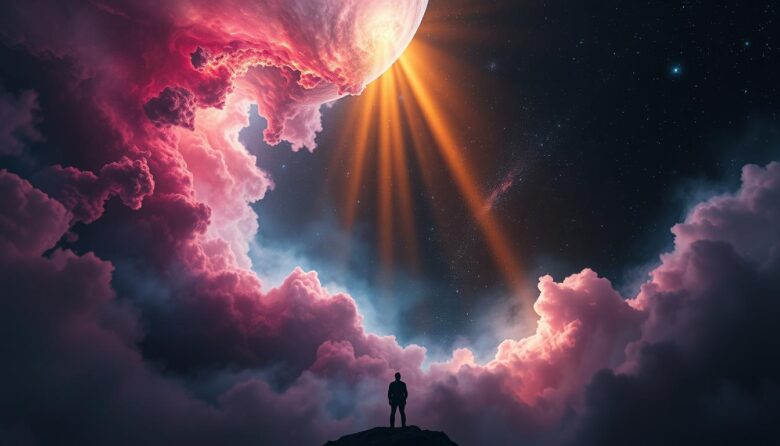Imagine a clock that ticks slower as it moves faster. This isn’t just science fiction—it’s real, thanks to Einstein’s theory of relativity. When objects zip near light speed, time acts strangely, unlike what we’re used to. This phenomenon makes us question our understanding of time. It creates situations where two people might see time differently. …
Space travel has always sparked our imagination. It’s not just about the science behind it. It’s a symbol for personal growth. Just like astronauts, we can explore our own potential and grow through life’s challenges. This article looks at how space travel is like our inner journeys. It shows that stepping out of our comfort …
Why do we love characters who don’t fit in? Stories of outsiders, like Walter White in Breaking Bad and Moony from Stranger Things, touch our hearts. They show us that being different is not something to be ashamed of, but a strength. Books and movies feature misfits who challenge the status quo. They show us …
Why do stories about distant planets and starships stir such vivid emotions? The Psychology of Intergalactic Nostalgia explores how our brains connect with cosmic journeys. It blends personal memories with humanity’s shared dreams of space. This journey starts where science fiction meets real exploration—from Apollo missions to Hubble’s cosmic snapshots. Space isn’t just a frontier …
There’s a moment when you stand in front of a painting or hear a song. Something inside you shifts. You stop thinking about your to-do list. Your breath slows, and your shoulders relax. It’s not magic, but it feels like it. Art has this power. It meets you where words can’t. Art has been healing …
In science fiction, music and soundscapes tell cosmic stories. They fill empty space with tales and connect us to worlds beyond Earth. Every note and noise in films and shows lets us feel the universe’s vastness and hidden memories. Sci-fi sound design links human emotions with futuristic themes. Sounds like a spaceship’s hum or a …
Les Johnson started as a NASA astronaut in 2004 and now writes about space travel. His book, A Traveler’s Guide to the Stars, shows humanity’s move from Earth to the stars. After flying on the Discovery shuttle at 17,500 mph in 2009, he now writes about traveling to other planets. His first mission covered 5.7 …
Ever woken up with a dream of walking on Mars or floating near Saturn’s rings? You might feel a strange comfort in those places. Scientists and artists are curious about why cosmic scenes evoke such deep emotions. When night visions feel like home, it’s not just our imagination. Our brains blend memories, fears, and hopes …
Science fiction often sparks our imagination with futuristic tech and alien worlds. But beneath the surface, stories like Dune or Blade Runner explore deeper questions. They ask about existence, morality, and human purpose. This genre isn’t just about lasers and aliens—it’s a mirror reflecting humanity’s search for meaning. Sci-fi’s most iconic tales ask: What does …
The night sky reflects our deepest emotions. Looking at stars or watching rockets soar, we feel both thrill and trepidation. This piece delves into how fear and fascination drive our quest for cosmic knowledge. From ancient myths to today’s science, these feelings fuel our endless search for answers about the universe. Key Takeaways The cosmos …
